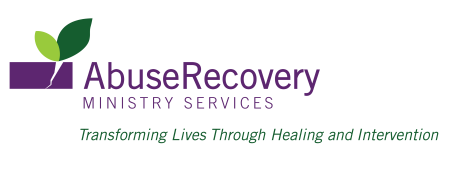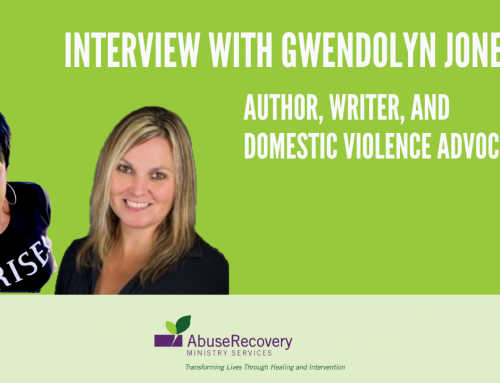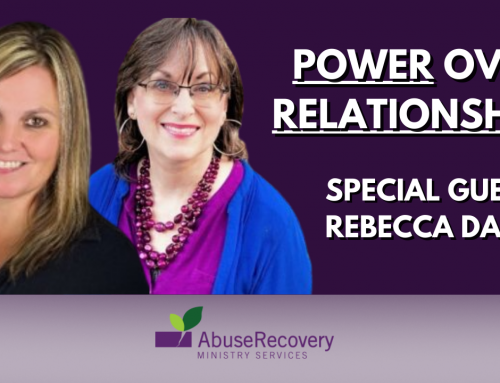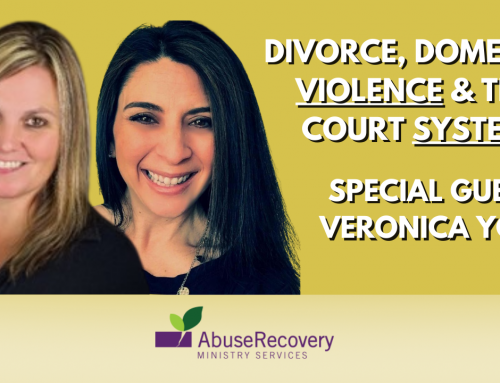–By Stacey Womack 03/27/25,
Almost every woman who has experienced abuse tells me their partner is a narcissist. They share many examples of being manipulated, dismissed and criticized, of double standards, deceptions or betrayal from their partner, all narcissistic tendencies. These are important observations and can be disappointing to recognize in one’s relationship, but what exactly does this mean if you’re seeing these behaviors from your partner?
The word “narcissism” is derived from the Greek mythology of Narcissus. Narcissus was a handsome young man who fell in love with his own reflection in a pond. It’s not a new concept because it has to do with being self-focused. The Word of God clearly states, “For people will be lovers of self [narcissistic, self-focused…” 2 Timothy 3:2 AMP.
This kind of behavior is a sin, yet we all struggle with it to some degree because we are humans in a broken world. We all like having things our way and often think we are more right or more justified than the other person. In our brokenness, we work to find ways to cope with life. Some of the ways we try to control the chaos in our lives aren’t necessarily bad. We may work to get good grades, achieve goals, or be more like Jesus.
Unfortunately, there are a lot of unhealthy ways we do this too. It could be using drugs and alcohol, being sexually promiscuous, or trying to control others. The need for power and control is a driving force for abusive behaviors. Domestic abuse is about the misuse of power and control, and a pattern of behaviors.
Over the more than two decades I’ve spent working with men and women who use abusive behaviors, I can honestly say they all act selfishly, pridefully, thinking they are right, and their partner is wrong. While there is generally a lack of empathy in these individuals, it is something that can be learned. We have had clients who embrace humility and servant leadership. This is not an easy process. It takes a lot of hard work. Most all those attending our intervention groups make changes. Only a small group of people make enough changes to save their relationships. Others go on to have future healthy relationships, and many of the survivors of the men we serve share that even though their relationship ended, the co-parenting of their children is much improved.
Narcissistic Personality Disorder (NPD) takes self-centeredness to a whole different level. People with personality disorders lack the ability to see themselves and adjust their behaviors like most people would do. Dr. Melissa Prusko writes in her article discussing the difference between narcissistic tendencies and NPD, “Narcissism is a trait, while NPD is a pervasive pattern of behaviors that impacts all areas of life and functioning. It is possible to have narcissistic traits and not meet criteria for NPD.”
The men in our groups who show clear signs of having NPD don’t understand why the other men laugh when they share. They aren’t offended either, because they feel completely in the right about their over-the-top thinking and behavior. We don’t get many of these men in group but when we do, they stick out.
Someone who has received a diagnosis of Narcissistic Personality Disorder needs to receive counseling for many years, from a counselor who specializes in this disorder. There is no medical treatment for this. Try not to diagnose your partner yourself, because it can create an unhealthy focus on your partner, which may get in the way of your healing.
I want to remind our readers that if you live with someone who is selfish, self-focused, or may be described as narcissistic, you cannot change that person. You only have power to choose your own attitudes and actions. That’s true of us all. They must work on their own behavior.
The best thing you can do for yourself is to decide what you need to be emotionally and physically safe. Set boundaries while you wait to see if this person you love is really willing to do the hard work and change to become a healthy partner.
The abuse you have suffered is never your fault. Pray for God’s wisdom and get the support you need. God never ever intended for power and control to be abused.
Sources:
Prusko, Dr. Melissa. “Understanding Narcissism and Narcissistic Personality Disorder (NPD)”. The Family Institute. 19 Sept 2025. https://www.family-institute.org/behavioral-health-resources/understanding-narcissism-and-narcissistic-personality-disorder-npd. Accessed 21 Mar 2025.
Stacey is the founder of ARMS, a DV Advocate & a Certified DV Intervention Facilitator.







This post was helpful, especially the part about not diagnosing or focusing on my partner, setting healthy boundaries, checking my own behavior, and letting things play out if the relationship is valued. Thank you for being a light in the darkness and giving many a place to find clarity, resources, and healing. God bless you.
My husband is like the narcissists you describe and has abused me, mostly verbally, for 47 years of marriage. He is also hard of hearing (blames me for not talking loud enough), and getting more forgetful. He refuses to get help for any of these problems. He blames me for most things that go wrong. We recently went to a marriage counselor, who advised us to pray together, which we do, but when he’s in a rant/rage, I ask ‘how do you pray with a raging bull?”
Hello. We really appreciate your post and will be praying for you as you work to find healing for your journey. If you are interested in our free abuse recovery groups for women please call us during office hours Monday – Friday 8am – 5pm PST at 503.846.9284 and we would love to help you get connected to a group in your area.